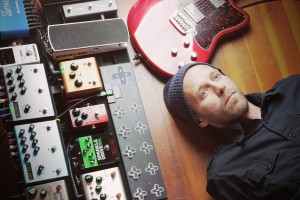
Pedalboard Feature: Strymon’s Ethan Tufts
We recently pulled Strymon’s own Marketing / Noisemaking guru Ethan Tufts away from his marketing duties and asked him about his own personal music making
Free US Shipping On Orders Over $49
Easy 30-Day Returns
Financing Available Through ![]()
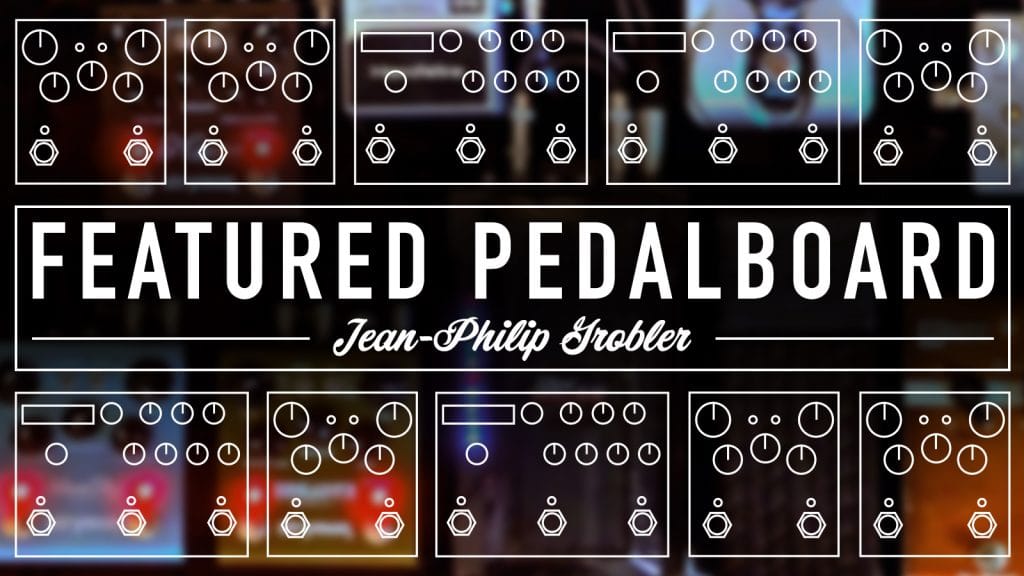
Sometimes the word infectious can be overused. But not in the case with St. Lucia. Whether you are listening to their albums or have the pleasure of seeing them live, you will have a hard time not losing yourself in the moment. We had the pleasure of interviewing Jean-Philip Grobler, the man behind St. Lucia. Don’t stop here with this interview, though, St. Lucia has a wonderful presence on social media and I recommend following them on Twitter and Instagram to get more entwined in the joy that St. Lucia is all about.
What kind of pedalboard is this, and what is your signal path?
What you’re seeing here is the pedalboard that I use for live shows, which is a small selection of all the pedals that I actually own. Both my guitar and the Moog Sub Phatty that I use on stage run through these pedals.
The guitar signal chain is:
Tuner – Moog Cluster Flux – Moog Delay – Boss RV-5 – Ibanez Tubescreamer – Strymon TimeLine – Strymon BigSky. The synth signal chain is just the Boss/Roland Space Echo pedal and the Boss RV-5 at the bottom right. I also own the Mobius which I need to figure out how to get into my signal chain at some point. I use the Cluster Flux basically as a glorified chorus pedal, even though it can do so much more. The Moog delay is a very dark but very beautiful bucket brigade delay that I use as a sort of longer more feedbacky delay that doesn’t get too much in the way of my guitar. I love the Boss RV-5 mainly for its Modulate setting. I still haven’t found another pedal that has a sound like this. Even though it’s not the highest quality reverb imaginable, there is something unique about the sound and I think it was used on almost every sound on our first album.
It’s not often that I use crunch, but when I do, the Tubescreamer is such a classic, it’s hard to beat. And then, well, on to you guys. Both the TimeLine and BigSky are just such incredibly versatile pedals. I kinda wish I could have four of each of them on my pedalboard because I like using reverbs and delays in such completely different ways.
The main way that I use the BigSky when we’re performing live is as a room reverb. I don’t actually use an amp onstage, not because I can’t but because the BigSky’s cab sim is so good and clean and realistic, and whenever I use an amp again it somehow seems a little mushy. I pretty much always use amps in the studio, but, and somehow logically it doesn’t make sense, but I have to trust my ears, the BigSky’s amp sim sounds better to me in my in-ears and for our purposes than any amp ever has. And so, the BigSky provides that “amp” feeling and being in a room to me, and the TimeLine is sometimes a modulated slap, and sometimes it’s a really long and really obvious cutting delay.
It’s in the studio that I feel the Strymon pedals really shine. On our new album Matter, basically all of the ambient effecty stuff was done with the TimeLine and BigSky.
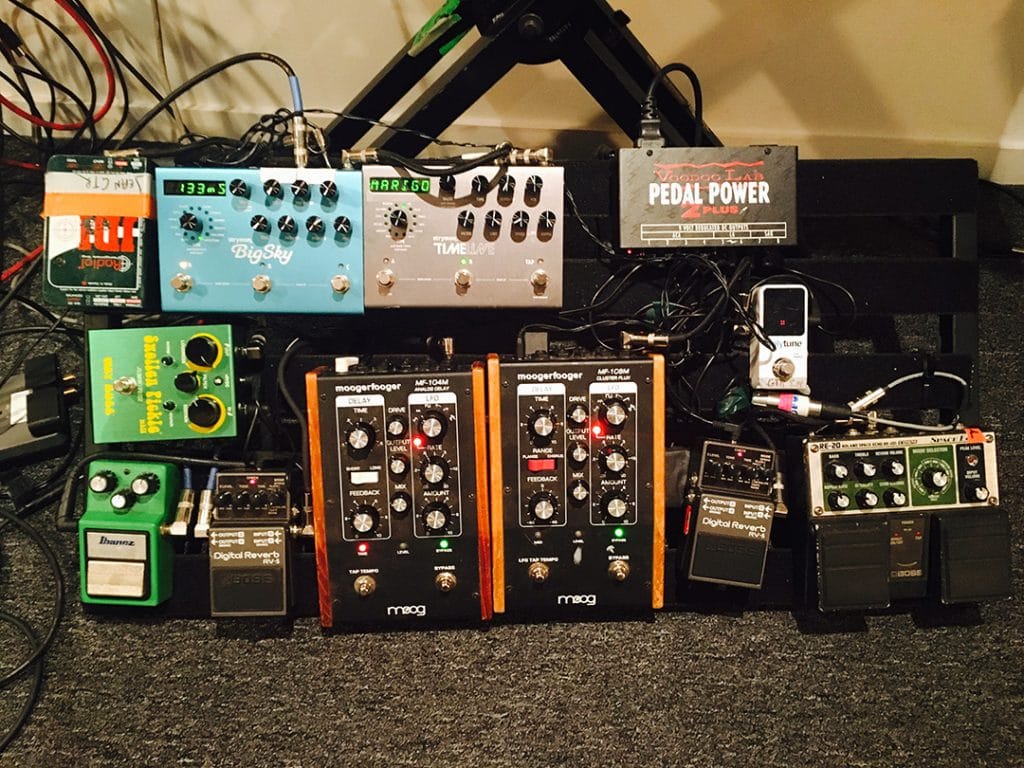
Could you tell us a bit about your favorite guitar(s)?
My favourite guitar, in general, is the Fender Stratocaster. When I was a (somewhat) angsty teenager I HATED the Fender Strat, but I’ve come to appreciate it so much. It has such a distinctive sound, perhaps the most distinctive sound of any guitar. This is also its downfall, but fortunately I love the distinctiveness of its tone, and also how versatile it is. It’s quite possible that we use a Strat for 80% of all the guitar on the St. Lucia records. I have a Jeff Beck signature Strat from Fender and I love it so much.
Of course, I also love my Rickenbacker 370/12, which is the guitar that I mostly use onstage so that Ross (our actual main guitarist) and I can have some contrast to our tone. I also managed to get my hands on a very rare 370/12 in a baby boy blue color and I just love the way it looks. In my ideal world I would love to have a 12-string Fender Strat. I know they exist somewhere.
You have mentioned in a previous interview about how your lyric writing comes to you while writing the song? Could you tell us a bit more about how you go about writing a song? Do you prefer to be alone, with others, in a studio, just with a guitar?
My songwriting style is changing all the time. I’d say that, in general, the way that it happens is that I’m not focusing on anything music related. like I’m in a gallery or I’m eating breakfast or I’m out on a run and suddenly something will pop into my head. Sometimes it’s just a groove, or an instrumental passage, and sometimes it’s a fully formed song. I liken it to looking at a landscape through a foggy window. Or listening to a radio station through static. It often actually feels like these songs or ideas exist somewhere and I just somehow tune into this radio station, and it happens when my mind is clear and empty of fuzz. So, I’ll get a glimpse of this idea or song, and the rest of the writing and recording process is spent trying to catch up with this glimpse that I got, or wiping away the fog or mist on the window.
The other way it happens is through experimentation, where I or some people I’m with will forcibly write a song. I’ve really started enjoying doing things this way. I’ll try all sorts of different approaches to get myself and the people I’m with out of our comfort zone. One of the things we’ve been doing is giving each other one minute each to write part of a four bar loop, and then it cycles around each person until it gets to about 20 minutes and then we’ll start working on the actual structure of the song. The point of this is to create something that is, at least at its root, completely unselfconscious and that breaks the ice between the people who are collaborating.
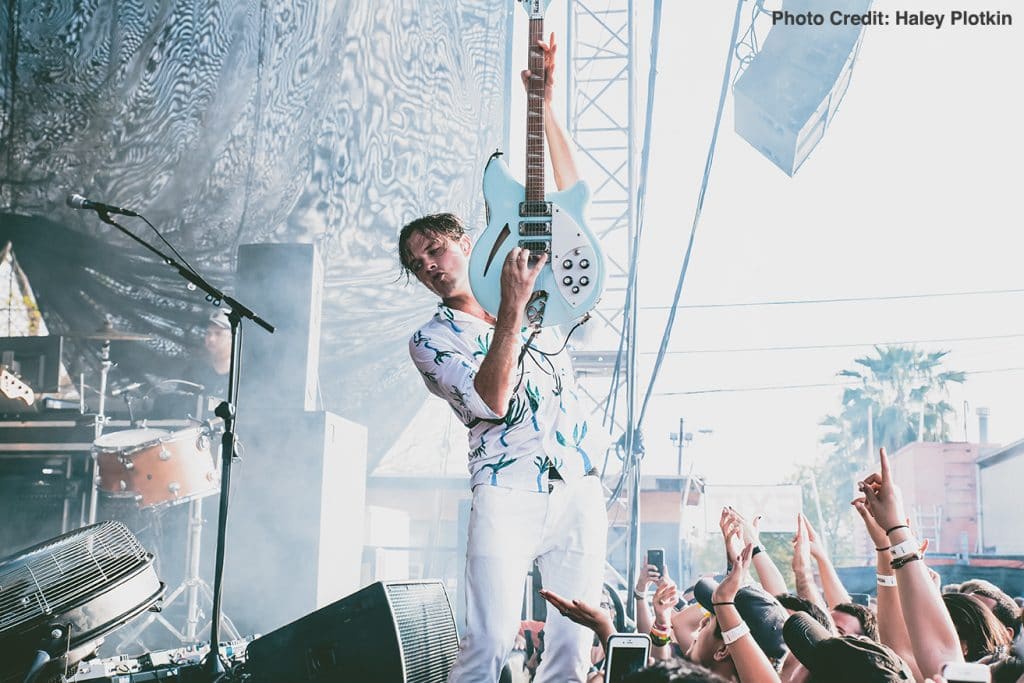
This album was different from your previous album in that the band was much more involved in the writing? Are there tips you can give artists that have been writing alone and now are writing with their bandmates?
The band wasn’t that involved with the writing of Matter per se, but they were a lot more involved on the recording process. We’re definitely starting to do more writing together though, which is fun. I think the trick, at least for me, is to be as open as I can be with people’s ideas and not try to control things TOO much. It’s really important in the initial phases of a song that you’re almost only in your right brain, that it feels like playing and that there’s no logic involved. I hate going into a writing session where you’re TRYING to create a specific song or vibe. To me it’s much more important that you’re exploring what the “universe” or whatever has to offer you in that moment.
That being said, it’s also important to retain an element of control over how the song turns out after that initial right brain phase, and to realise that you don’t HAVE to use what you come up with in that room. If your name is going on the final product, you should make it the way that you want it to be.
You now live in New York, but are from South Africa and went to music school in England. Have you noticed a difference in songwriting process and music production in the different places?
I lived in all of these different places at completely different times in our recent/modern music history and so things have changed a lot. The biggest recent change I’ve seen in writing style is that now it’s totally ok for a band to go and write a song with a songwriting team. I can’t tell you how many times I’ve heard the story of a hot new band that got signed to a major label that have basically finished their album but the label doesn’t hear a hit. And so then what happens? They get sent off to LA to write songs with people that the label thinks will provide the band/artist with a radio hit. What I think is good about this is that these overly precious ideas of a band having to be only a self contained entity are being removed. I like that, because it breeds openness and a spirit of collaboration.
What I think is bad about this is that now that method is used as a shortcut to success, and more and more bands and artists sound exactly the same. I can’t think of many artists that are huge pop stars or have had a big radio hit in recent years that literally buried their head in the sand and made their whole own sound and followed their own inner voice and had a hit from that. Like: Peter Gabriel. Like: Kate Bush. I’m not saying this is the only way it should be, but I do think that as a music culture we are forsaking artistic development in favor of quick success. And then what happens? A band has one massive song and then struggles to follow it up because that one writer that they wrote that song with isn’t available or because they did something that made the label excited because it sounds like everything on the radio right now and so they release it as their big single but then nobody can tell them apart from anyone else.
We SHOULD be collaborating. But we should also be figuring out what makes what we do as artists unique and using that rather than basically dumping a whole bunch of high fructose corn syrup into our music because that is what tastes good. At some point people are going to wake up to the fact that high fructose corn syrup is bad for them, and then what?
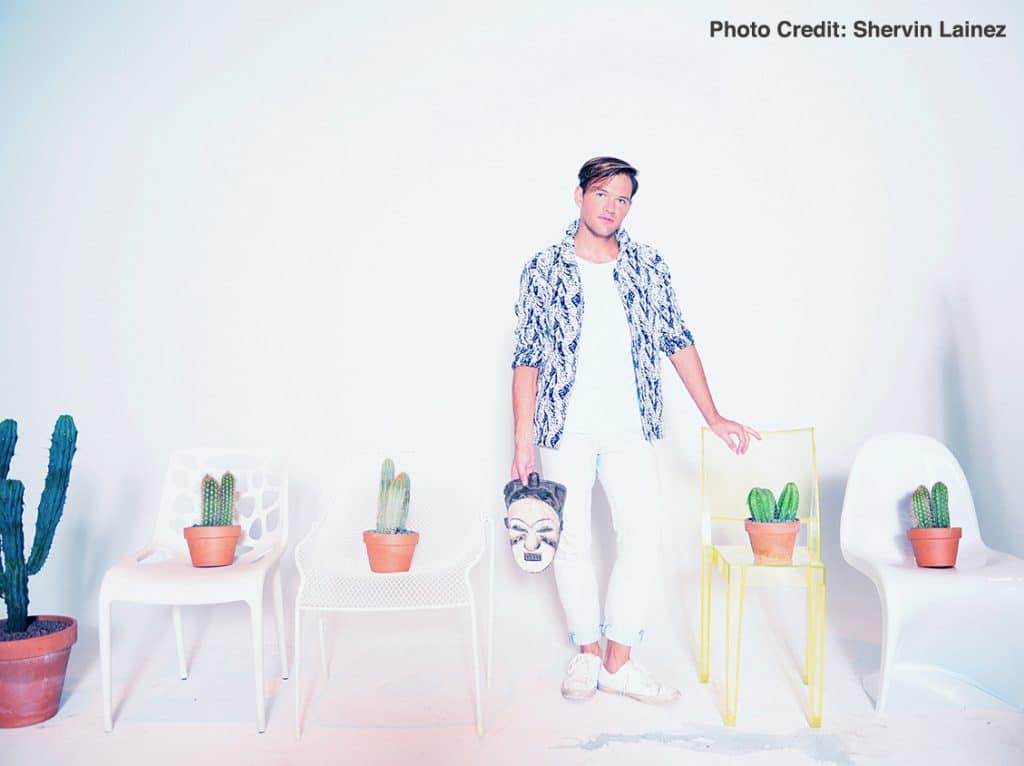
Subscribe to our newsletter to be the first to hear about new Strymon products, artist features, and behind the scenes content!

We recently pulled Strymon’s own Marketing / Noisemaking guru Ethan Tufts away from his marketing duties and asked him about his own personal music making
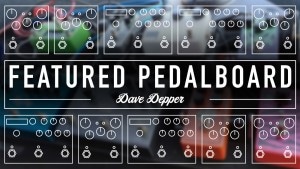
Looking for someone that enjoys talking gear? Dave Depper is your person. He said so himself here 🙂 Now with Death Cab For Cutie, Dave
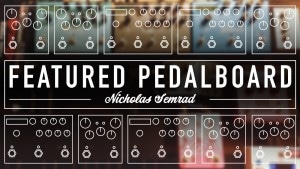
Nicholas Semrad keeps busy playing as much music as possible. Which sounds great to us. Nicholas tours with Lauryn Hill, performs and records with Cory